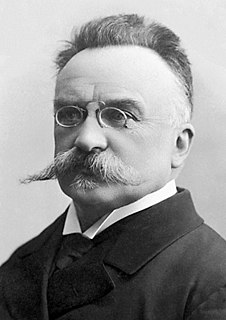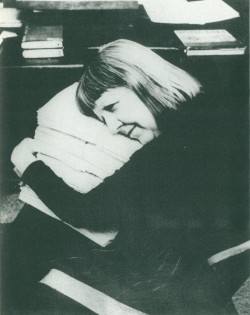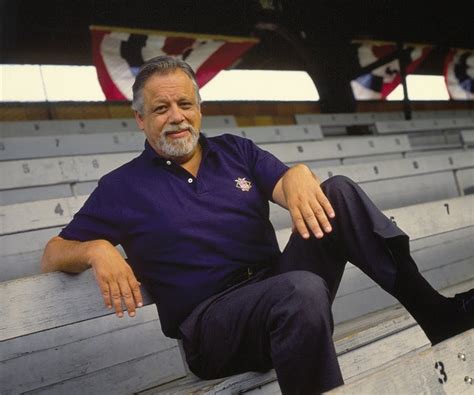A Quote by Arthur Koestler
The Revolutionary's Utopia, which in appearance represents a complete break with the past, is always modeled on some image of the Lost Paradise, of a legendary Golden Age... All utopias are fed from the source of mythology; the social engineers' blueprints are merely revised editions of the ancient text.
Related Quotes
It is true that I am not one of those who laugh at utopias. The utopia of today can become the reality of tomorrow. Utopias are conceived by optimistic logic which regards constant social and political progress as the ultimate goal of human endeavor; pessimism would plunge a hopeless mankind into a fresh cataclysm.
The Bible is an ancient text from an ancient context. We live thousands of miles and thousands of years away from that context, which also represents different cultures. Archaeology is a modern means of revealing both the lost record of the ancient world, and the historical and social world of the Bible. While the purpose of archaeology is not to prove the historicity of the people and events recorded in Scripture, it can help immeasurably to confirm the historical reality and accuracy of the Bible and to demonstrate that faith has a factual foundation.
There are two generic and invariable features that characterize utopias. One is the content: the authors of utopias paint what they consider to be ideal societies; translating this into the language of mathematics, we might say that utopias bear a + sign. The other feature, organically growing out of the content, is to be found in the form: a utopia is always static; it is always descriptive and has no, of almost no, plot dynamics.
Technical Utopias-flying, for example-have been achieved by the new science of nature.The human utopia...a united new humankind living in solidarity and peace, free from economic determination and from war and class struggle-can be achieved, provided we spend the same energy, intelligence, and enthusiasm on the realization of the human Utopia as we have spent on the realization of our technical Utopias.
The Pink Panther is legendary, but a lot of people my age haven't ever seen the original. So, I think it's great to bring it back for my generation, and to expose them to where that theme song which still sounds so modern and that legendary image of a pink cat came from. It's great to be a part of that, because it's history.
All play aspires to the condition of paradise...through play in all its forms...we hope to achieve a state that our larger Greco-Roman, Judeo- Christian culture has always known was lost. Where it exists, we do not know, although we always have envisioned it as a garden...always as removed, as an enclosed green place...Paradise is an ancient dream...It is a dream of ourselves as better than we are, back to what we were.
Literature can no longer be either Mimesis or Mathesis but merely Semiosis, the adventure of what is impossible to language, in a word: Text (it is wrong to say that the notion of 'text' repeats the notion of 'literature': literature represents a finite world, the text figures the infinite of language).
I grew up in a utopia, I did. California when I was a child was a child's paradise, I was healthy, well fed, well clothed, well housed. I went to school and there were libraries with all the world in them and after school I played in orange groves and in Little League and in the band and down at the beach and every day was an adventure. . . . I grew up in utopia.
I don't wish to defend everything that has been done in the name of Utopia. But I think many of the attacks misconceive its nature and function. As I have tried to suggest, utopia is not mainly about providing detailed blueprints for social reconstruction. Its concern with ends is about making us think about possible worlds. It is about inventing and imagining worlds for our contemplation and delight. It opens up our minds to the possibilities of the human condition.





































